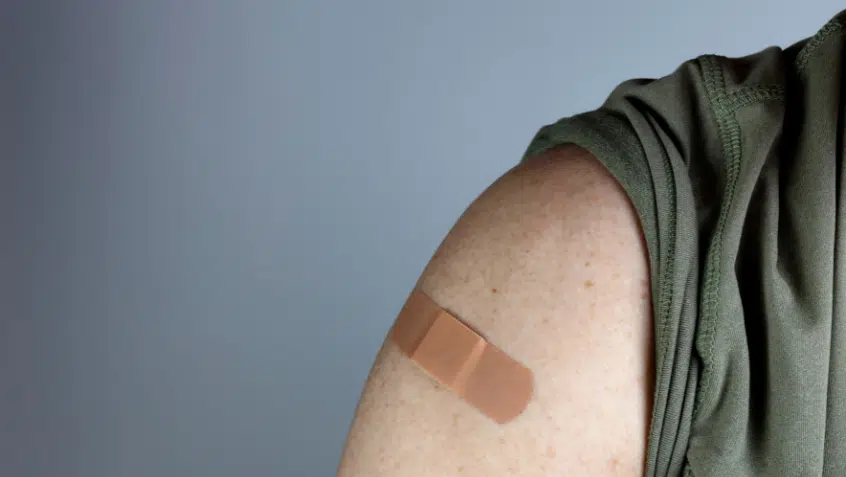Medicare Vaccine Uptake Increasing, Inflation Reduction Act’s Role Still Unknown to Many

Earlier this month, the U.S. Department of Health and Human Services Office of the Assistant Secretary for Planning and Evaluation (ASPE) released new numbers showing how Inflation Reduction Act (IRA) provisions have increased uptake of Part D-covered vaccines and saved beneficiaries over $400 million in 2023.
Starting in January of 2023, the IRA made recommended Part D vaccines free of charge for enrollees. ASPE’s data show this led to a 42% increase in uptake of the shingles vaccine and a 114% increase in the Tdap (tetanus, diphtheria, and pertussis) vaccine compared to 2021. Over 6 million beneficiaries also received the newly available respiratory syncytial virus (RSV) vaccine without cost sharing. The report breaks out numbers by state as well as by various populations and demographics, including those eligible for the Low-Income Subsidy, or “Extra Help,” which may help identify opportunities for future outreach and engagement.
The vaccine uptake increase mirrors the increase in insulin fills that followed implementation of the IRA’s $35 monthly cap on covered products, underscoring the importance of these critical updates.
While these data demonstrate that millions of Medicare beneficiaries have been able to access more affordable care as a result of the IRA, many are missing out, and large shares of people are still unaware of the law’s various provisions. A new KFF tracking poll shows that only 35% of all registered voters and 52% of Medicare-age voters know about the IRA’s insulin cap. This pattern holds true for most of KFF’s questions on the IRA’s other reforms: 27% of voters and 40% of older voters know that the IRA places an annual limit on out-of-pocket Part D prescription drug costs for people with Medicare; 36% of voters and 48% of older voters know that the IRA requires the federal government to negotiate the price of some prescription drugs for people with Medicare; and 14% of voters and 15% of older voters know that the IRA penalizes drug companies for increasing prices faster than the rate of inflation.
These numbers have improved slightly since the last tracking poll when, for example, 32% of respondents and 35% of older adults knew about drug price negotiation. Some of this increase may be due to news reports about litigation.
As more IRA reforms take effect—like the $2,000 out-of-pocket cap in Part D starting in 2025—more people are likely to become aware of the law’s improvements.
Medicare Rights applauds each of these important IRA changes. We continue to urge Congress to build upon them and do even more to help people with Medicare, other coverage, or no coverage obtain high-quality care. If you or someone you know has questions about navigating or affording Medicare, call Medicare Rights’ national helpline at 800-333-4114 or your local State Health Insurance Assistance Program (SHIP).
The Latest
Most Read
 Congress Moves to Cut Medicaid
Congress Moves to Cut Medicaid  Threats to the Social Security Administration and to Benefits Continue to Raise Alarm
Threats to the Social Security Administration and to Benefits Continue to Raise Alarm House Adopts Senate Budget Plan, Laying the Groundwork for Significant Health Care Cuts
Trump Administration and DOGE Eliminate Staff Who Help Older Adults and People With Disabilities
Add Medicare to Your Inbox
Sign up to receive Medicare news, policy developments, and other useful updates from the Medicare Rights.
View this profile on InstagramMedicare Rights Center (@medicarerights) • Instagram photos and videos







